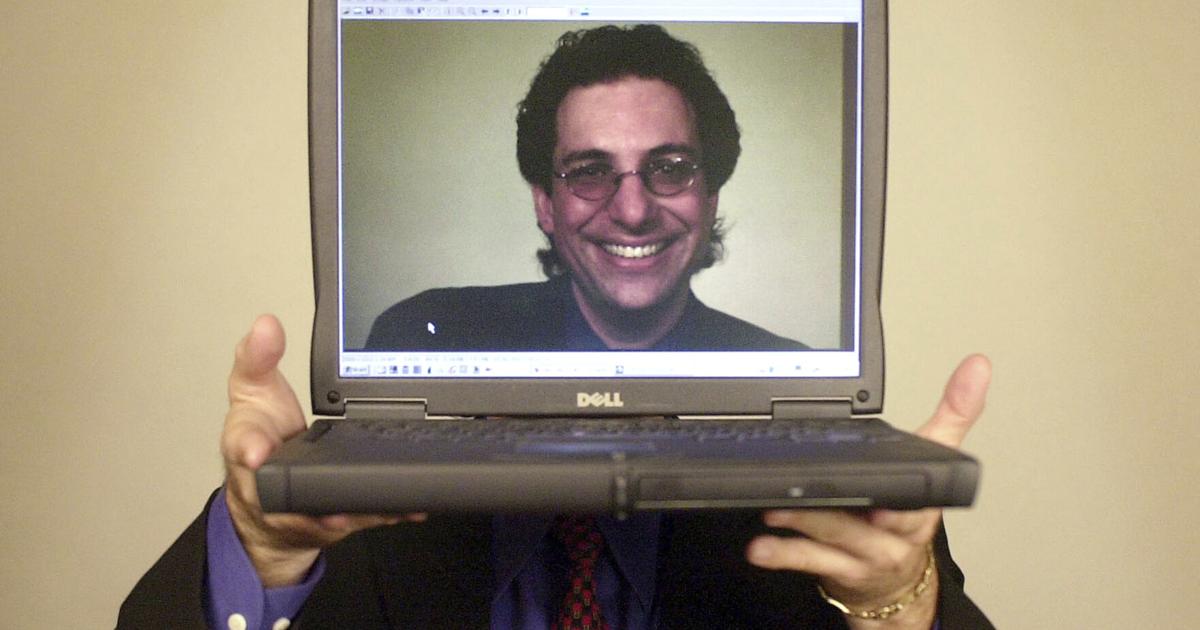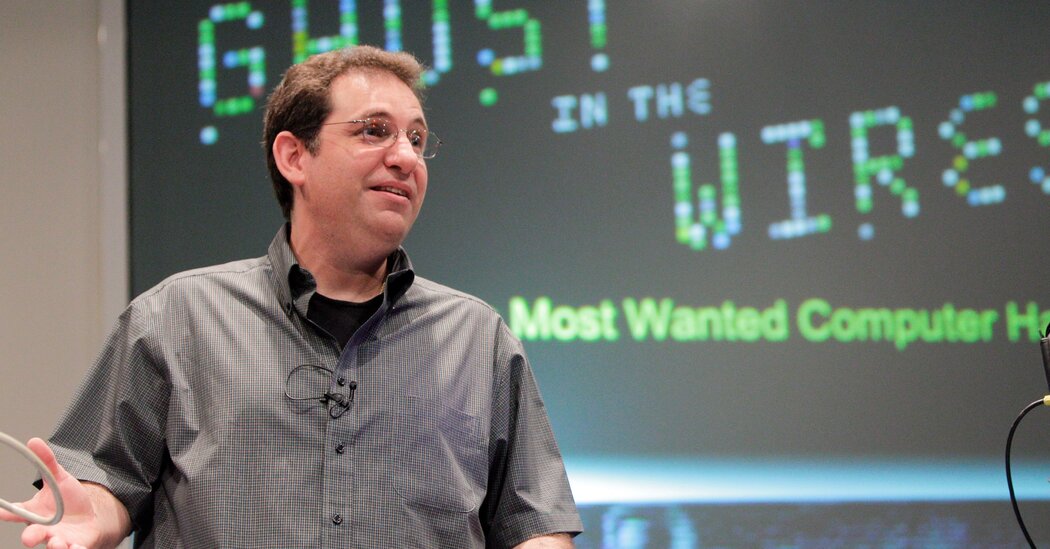Pioneering hacker Kevin Mitnick, FBI-wanted felon turned security guru, dead at 59
Kevin Mitnick, whose pioneering antics tricking employees in the 1980s and 1990s into helping him steal software and services from big phone and tech companies made him the most celebrated U.S. hacker, has died at age 59.
Mitnick died Sunday in Las Vegas after a 14-month battle with pancreatic cancer, said Stu Sjouwerman, CEO of the security training firm KnowBe4, where Mitnick was chief hacking officer.
His colorful career — from student tinkerer to FBI-hunted fugitive, imprisoned felon and finally respected cybersecurity professional, public speaker and author tapped for advice by U.S. lawmakers and global corporations — mirrors the evolution of society’s grasp of the nuances of computer hacking.
Through Mitnick’s professional trajectory, and what many consider the misplaced prosecutorial zeal that put him behind bars for nearly five years until 2000, the public has learned how to better distinguish serious computer crime from the mischievous troublemaking of youths hellbent on proving their hacking prowess.
“He never hacked for money,” said Sjouwerman, who became Mitnick’s business partner in 2011. He was mostly after trophies, chiefly cellphone code, he said.
Much fanfare accompanied Mitnick’s high-profile arrest in 1995, three years after he’d skipped probation on a previous computer break-in charge. The government accused him of causing millions of dollars in damages to companies including Motorola, Novell, Nokia and Sun Microsystems by stealing software and altering computer code.
But federal prosecutors had difficulty gathering evidence of major crimes, and after being jailed for nearly four years, Mitnick reached a plea agreement in 1999 that credited him for time served.
Upon his January 2000 release from prison, Mitnick told reporters his “were simple crimes of trespass.” He said ”I wanted to know as much as I could find out about how phone networks worked.”
He was initially barred for three years from using computers, modems, cell phones or anything else that could give him internet access — and from public speaking. Those requirements were…



